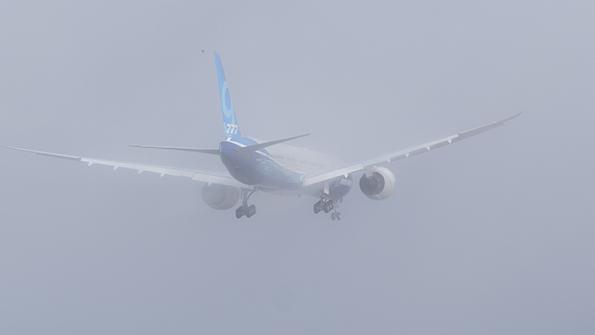
Ask the Editors: The Aviation Week Network invites our readers to submit questions to our editors and analysts. We’ll answer them, and if we can’t we’ll reach out to our wide network of experts for advice.
Boeing is going through a very difficult financial situation. How long do you think it will take to recover?
Aviation Week Senior Business Editor Michael Bruno responds:
Boeing has almost become more associated with financial aid lately than airplanes. In March, the company asked for more than $60 billion in federal aid for itself and suppliers. But in April—after the U.S. Federal Reserve launched a corporate bond backing initiative to guarantee large corporate issuances—Boeing raised $25 billion in one of the largest single corporate debt sales on record.
To go from begging for billions to getting billions is easier to understand when one looks at the outlook for commercial aviation. Despite everything that has happened in the first half of 2020, most of the industry and its investors still believe in the long-term business case: That is, growing middle classes in Asia and elsewhere will continue to create millions of new travelers. Manufacturing large commercial aircraft is difficult, and in the highly regulated sector Airbus and Boeing are dominant. Assuming they are not overtaken by costs, criminal malfeasance or a host of other risks, both companies should enjoy a growing marketplace for at least a decade.
Not that it will be easy. Although Boeing CEO and President David Calhoun says the company can make payments on its growing debt, the question is how quickly it will recover. To maintain goodwill with investors, Boeing canceled its $4.2 billion purchase of 80% of Embraer’s commercial business and is laying off at least 10% of its workforce—both embarrassing turnabouts. And Boeing will likely have to take further actions that could box it in for years. Already the company has walked away from the new midmarket airplane as well as the U.S. Air Force Ground-Based Strategic Deterrent program, handing market share to rivals.
Meanwhile, shareholder returns will remain muted. Boeing may pay dividends, but share buybacks are likely to remain suspended until the 737 MAX program is back on its feet. That could take a while; the company has estimated it could take a year to carry out delayed MAX deliveries. The company also could take other measures to preserve cash and maintain its investment-grade rating.
“The markets are not anticipating Boeing needing to come back [for money] in the next 12 months,” Douglas Karson, a bond analyst at Bank of America, said at an Aviation Week Network webinar earlier in June. “I think that would be unlikely and probably met with some fear, because if Boeing burns through the $25 billion that it just got, plus the bank lines [of credit] that it has drawn, that would probably point to a deeper problem in the aviation market.”
Before the MAX crisis hit in 2019, Boeing was enjoying an unprecedented run-up in both commercial and defense spending cycles. Now, the commercial aviation business is facing a 3-5 year slump, and defense spending could come under pressure as governments take on massive debt for COVID-19-related bailouts. It may very well take until the next celestial alignment of those two stars before investors think Boeing has fully recovered.






Comments
Firstly the global airline industry must return to a situation where they need more capacity.
Second the regulatory authorities worldwide have to re-certify the MAX as fit for use.